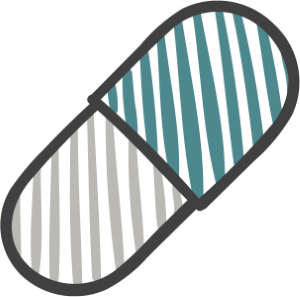𝗪𝗲𝗲𝗸𝗹𝘆 𝗦𝗽𝗼𝘁𝗹𝗶𝗴𝗵𝘁 #3 📢
Revolutionizing pediatric medication: Minitablets in the spotlight!
🔍 One of the first scientific studies delving into the acceptability of minitablets among young children was conducted by Spomer et al. in 2012.
👶 Scope and Motivation: The research study investigated the acceptability and swallowability of uncoated drug-free minitablets (2 mm in diameter), in children aged 0.5 to 6 years.
📋 Methodology: A prospective, open random, two-way cross-over exploratory pilot study enrolled 60 children who were administered either minitablets or glucose syrup. Deglutition was visually assessed for the two different dosage forms using a predefined criteria list.
💡 Key Findings: Children's acceptability of minitablets was higher or equal to that of syrup. Even very young children (6-12 months) were capable of swallowing minitablets. The acceptance rate of minitablets across the different age groups surpassed expectations.
✅ Conclusions: The study concluded that uncoated minitablets offer a promising alternative to liquid formulations and could be introduced at an earlier age in pediatric drug therapy. These findings advanced pediatric drug delivery and enhanced the available options for caregivers and healthcare providers.
📚 Reference:
Spomer et al., Acceptance of uncoated mini-tablets in young children: results from a prospective exploratory cross-over study, Arch Dis Child 2012;97:283–286. doi:10.1136/archdischild-2011-300958


